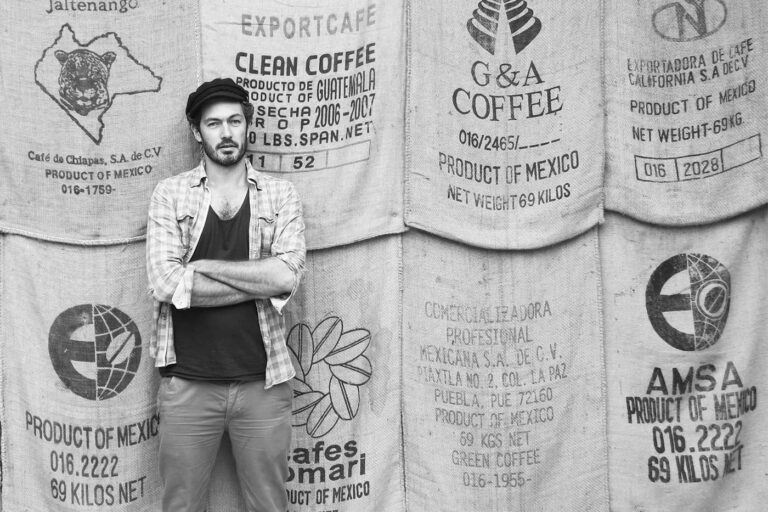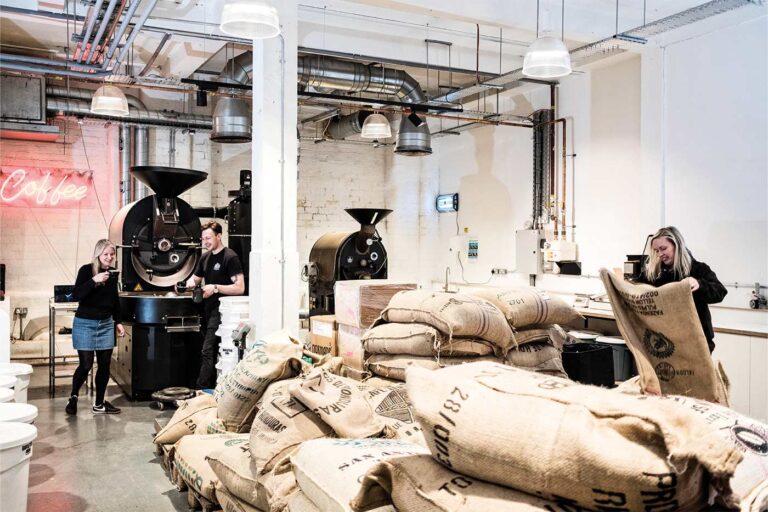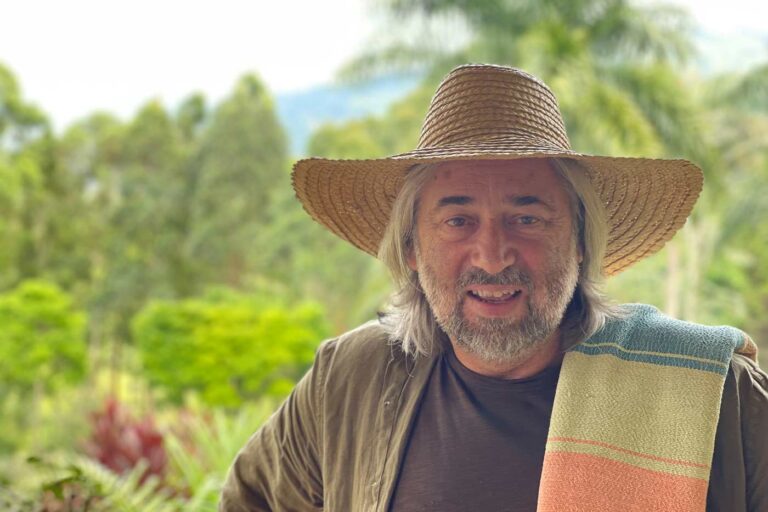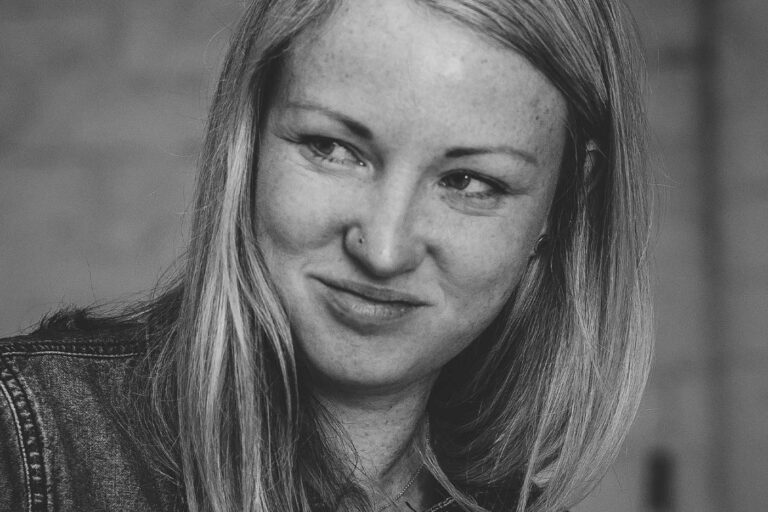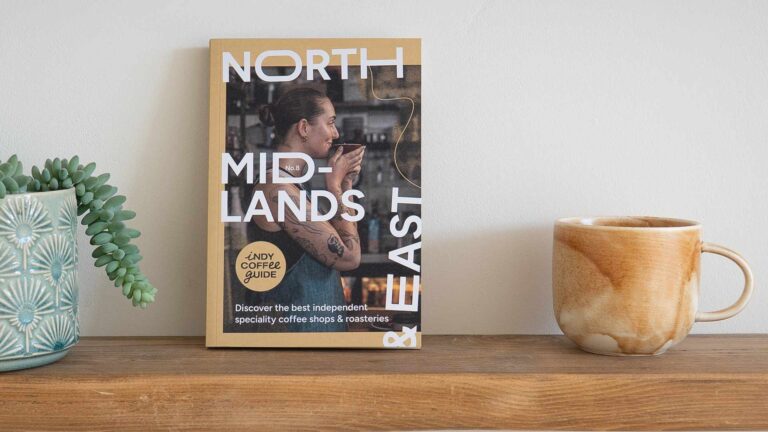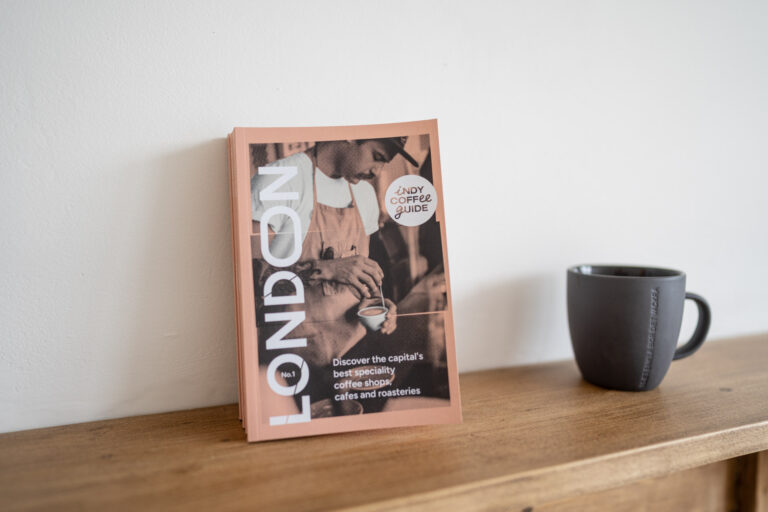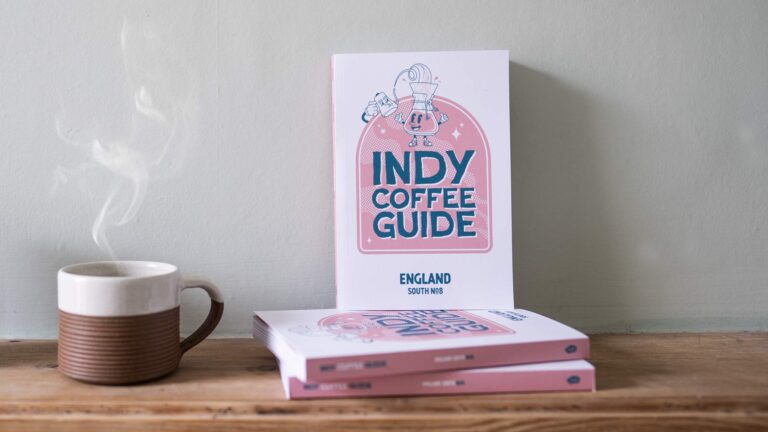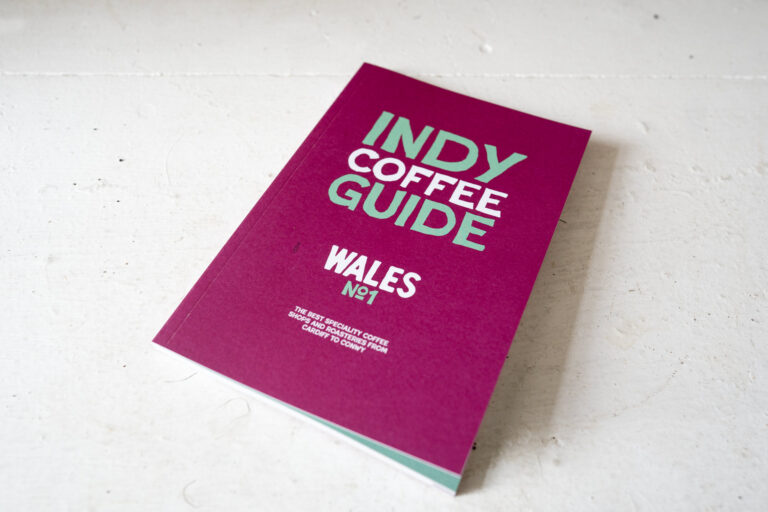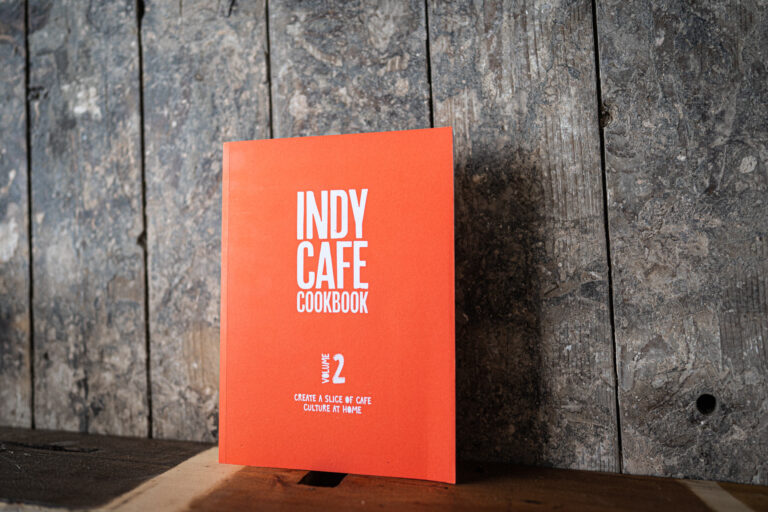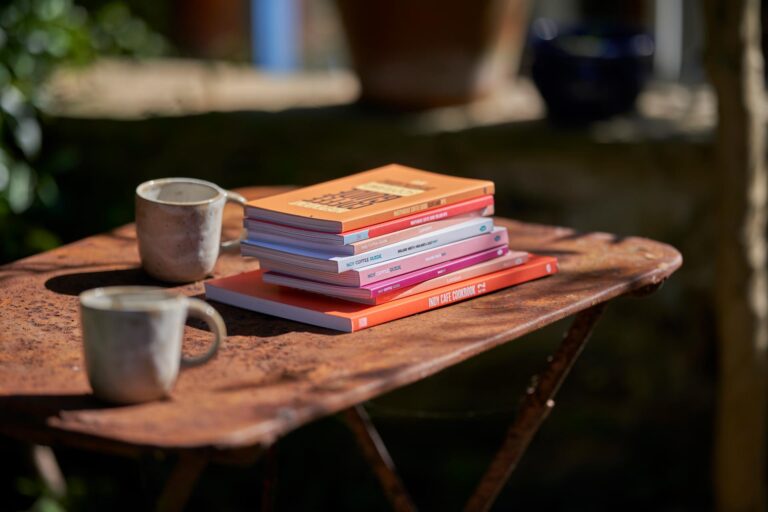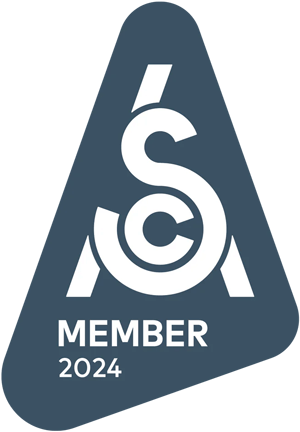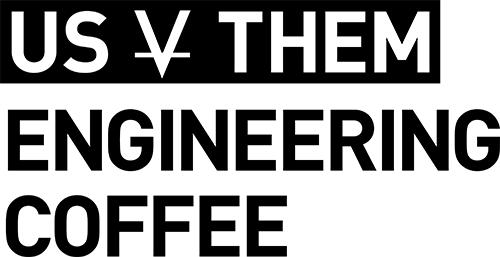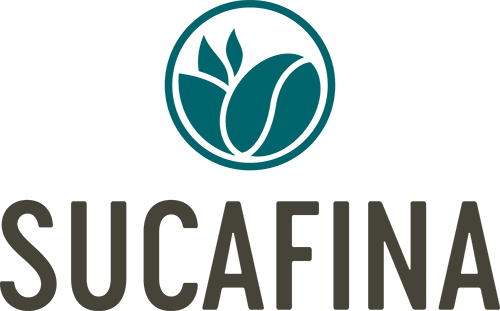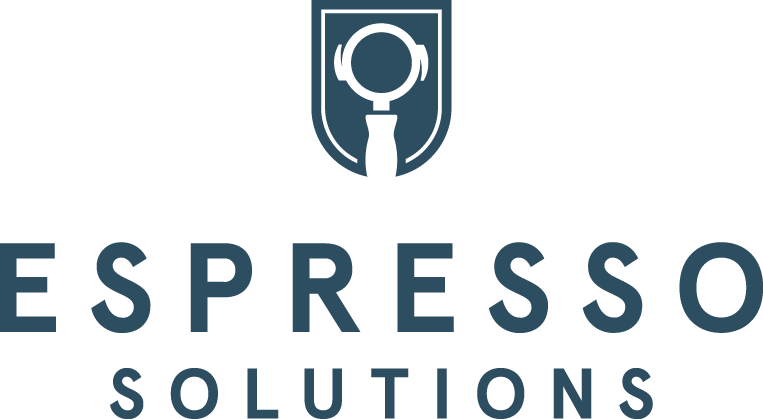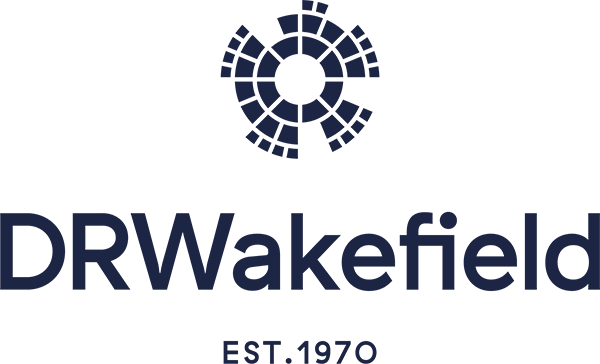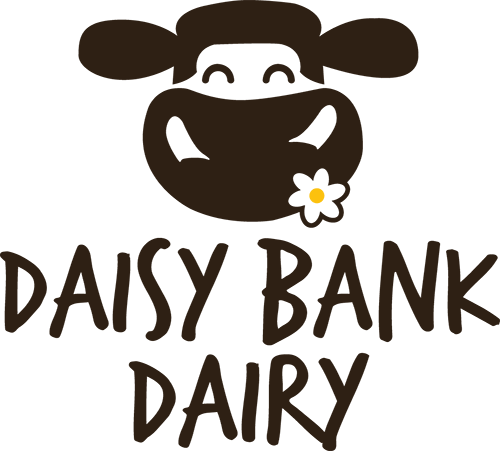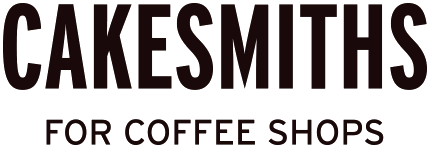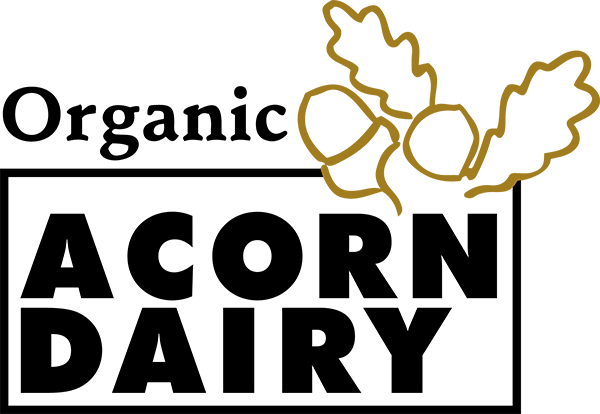The rise of the career barista
Fifteen years ago, if you said you were a barista you’d be pegged as a wig-wearing lawyer. The term ‘barista’ may no longer be confused with ‘barrister’ and being an espresso slinger has a certain hipster panache, but what’s it like being a professional shot pourer?
Fifteen years ago, if you said you were a barista you’d be pegged as a wig-wearing lawyer. The term ‘barista’ may no longer be confused with ‘barrister’ and being an espresso slinger has a certain hipster panache, but what’s it like being a professional shot pourer? We got the low-down on the rise of the career barista from some of the region’s top tampers …
Feature from the South West and South Wales Independent Coffee Guide No 4 – buy your copy here.
Trevor Hyam is the highly regarded head barista and manager of The Plan in Cardiff. He’s been pulling shots since he graduated with a fine art degree in 2004.
‘My first foray into coffee was a part-time job in a cafe. I was intrigued and began researching and reading about what was going on in the third wave scene. I moved to The Plan in 2007 and have been there ever since.
‘Being a barista is punishingly hard work. It’s tiring being on your feet all day and there are lots of less glamorous elements such as clearing tables. As it can be gruelling, you need a passion for coffee to sustain you. It’s not just about standing around looking cool; baristas need diligence, a serious work ethic and to be up for continuous learning.
‘It’s still difficult to make a successful long-term career as a barista as opposed to as a coffee consultant or a roaster – especially outside London. It’s still not recognised as a serious job outside the industry. Of course, in the coffee world we know how much goes into the craft and the process.
‘Part of the issue is there are a limited number of coffee shops which are willing to invest in paying experienced professionals in order to offer their customers really good coffee.
‘So it’s often a way into other jobs in the coffee world. I love making coffee and serving customers but many others go into competitions and then head off into roasting, coffee hunting or training and consultancy, because it’s hard to make a living pulling shots.’
Jesse Dodkins is a 2017 UKBC competitor and Origin’s head of education for the South West.
‘Compared to 15 years ago, I can think of people who have made a career of being a barista but I still don’t think it’s recognised as a “serious job”. And those who want to take that path don’t feel it will offer them security.
‘There’s also a difference between being a career barista and a coffee professional: career baristas start as a barista and finish as a barista, while the coffee industry also offers a massive chain of different roles, from sourcing to roasting. Often, being a barista is the entry point and people then discover opportunities for themselves elsewhere in the chain.
‘The competition element is very central to the career barista as it teaches you to communicate about coffee and affects how you think about it. At Origin, a big part of my role is to focus on competitions and engage with the overall coffee community, as well as train people to be the best barista they can be.
‘There is a shortage of very good baristas and our customers struggle to find experienced staff. However, a lot of quality coffee shops don’t offer a wage that matches the time that a pro barista spends developing their skill.
‘Places that have a great and consistent coffee offering pay their baristas more than those which struggle to find staff or which are less consistent. Baristas shouldn’t be paid less just because they have a passion for the job – in fact, that passion should make them more valuable.
‘I was training a really good barista recently who told me that he regularly gets asked, “When are you going to get a real job?”. No one asks plumbers when they are going to get a real job. That’s why I value the SCA diploma; it shows that it’s a skilled job that you train to do.’
Adrian Campbell-Howard is the entrepreneur behind the four-strong group of Society Cafes in Bath, Bristol and Oxford. He currently employs around 30 baristas.
‘One of the great advantages of learning to be a barista is that it gives you skills that can take you around the world and fund some exciting travels – whether you choose to become a career barista or not,’ says Adrian.
‘Baristas who join us at Society tend to be full time, even if it’s for the shorter term. That’s because in speciality cafes serving single estate beans that change all the time, it’s difficult to maintain consistency of knowledge unless the baristas are in every day.
‘Coming from a hotel and hospitality background, service is very important to us which is why we invest heavily in training. It’s key because in speciality, people not only take the product seriously, but also the way it’s served.
‘We work closely with our main roaster, and when a would-be barista has gone through all of our in-house training we send them off to do the beginner SCA course.
‘However, we’re aware that many of our baristas also have other interests such as music and graphic design which they may follow eventually, so we try and support those passions too. For example, one of our baristas was studying graphic design while working for us full time in his holidays so we commissioned him to design our cups. He’s now embarked on his design career and we’re super proud of him.
‘In general, changes need to take place in the industry around minimum wage levels. We pay as much as we can but it’s still never going to be the highest paid job in the world. But as long as there is room in the industry for businesses like ours to keep growing, then there is room for individuals to progress and be promoted within a company and make a career of it.’
